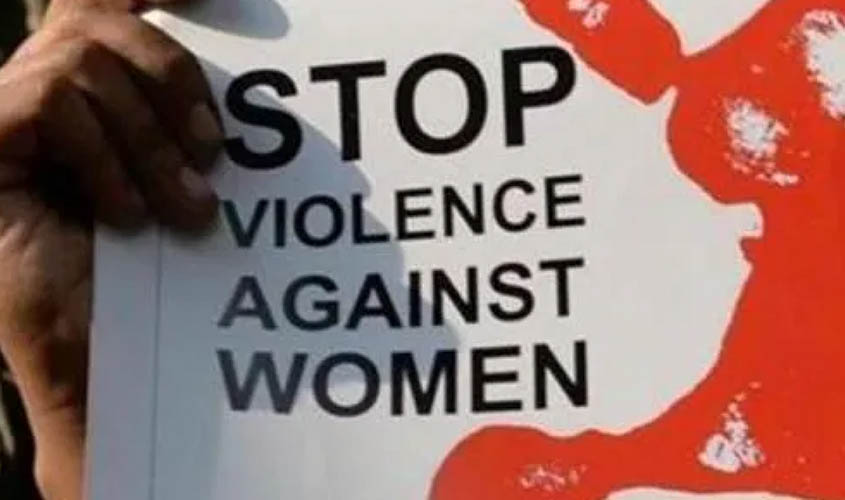‘Equip people with better knowledge on preserving DNA evidence and bring to the fore the importance of collecting and preserving offender’s DNA.’
New Delhi: In order to bring speedy justice to the victims of sexual offences and rape cases, the Delhi Police, in coordination with the All India Institute of Medical Sciences (AIIMS), has launched a path-breaking initiative to raise awareness about the importance of DNA in sexual offences against women and how it can act as crucial evidence during the probe trail.
The Delhi Police and AIIMS have launched this campaign to equip people with better knowledge on preserving DNA evidence and to bring to the fore the importance of collecting and preserving offender’s DNA, which comprises of body fluids or skin or nails or hair from the scene of the crime and from the survivor, as they are the most conclusive evidence that can lead to conviction, thereby eliminating the reliance on ocular evidence.
Suman Nalwa, DCP Training, Delhi Police, told The Sunday Guardian, “DNA is something which is unique to any person; so when bodily offence takes place, there is generally an exchange of bodily substance and if the victim and the accused is not known to each other and they are strangers, it is the DNA evidence which will be one of the key evidence to prove the presence of the accused at the scene of the crime.”
DCP Nalwa further added that in cases of sexual offences and rape, the victim’s first reaction is to clean herself up and in this process, most of the crucial evidence to nab the accused and prove his crime are washed away.
“It is necessary to raise awareness that on their body, on their clothes, there might be foreign DNA of the accused which can help to prove the crime of the accused and, therefore, the victims should first go to the hospital, get herself tested and report the crime to the police,” DCP Nalwa said.
Dr Sudhir K. Gupta, Head, Department of Forensic Medicine, AIIMS, also told The Sunday Guardian that in cases of rape, it is very important for the victims to preserve the DNA evidence for proving the crime to the accused.
He said, “They should preserve the clothes and not go to the toilet, and avoid taking bath as these activities wash away crucial DNA evidence. The victim should go to the hospital and register a case with the police; get themselves tested and ensure that the biological evidence is collected.”
Dr Gupta also further raised concerns about how DNA should be properly collected and transported so that such crucial evidence are not tampered with or contaminated.
“If DNA is collected properly and analysed without an error, then it is an exclusive biological evidence admissible in law for identification of that person (accused). It is the responsibility of the police personnel in our country, the first responder after a crime, to collect the DNA samples and they should be properly trained to collect such samples and ensure that the guidelines are strictly followed. Not only this, but also that the sample has to be transported very carefully, as there are chances of samples being tampered with. Further, if there is a delay in transportation of the sample, it must be preserved properly and in a secured and identified place,” Dr Gupta said.
DCP Nalwa said that the Delhi Police is working with its own staff to create awareness and has been
conducting gender sensitisation programmes as part of the training of the Delhi Police.
She said, “Gender is an important component in the process of investigating crimes against women and, therefore, gender sensitisation is a regular feature in all our training programmes, along with regular investigation module. We have been sourcing resource persons to impart knowledge and training in this aspect from various fields and premier institutes of the country.”
“And this has to be done because the personnel of the Delhi police come from varied backgrounds from across the country and across socio-economic backgrounds. They also get exposed to Delhi culture because whenever trainees come to us, they come with their own social baggage, their own
understanding of gender roles; so when they come to Delhi, they come to us with that and we need to teach them that Delhi is a different city,” DCP Nalwa said.

